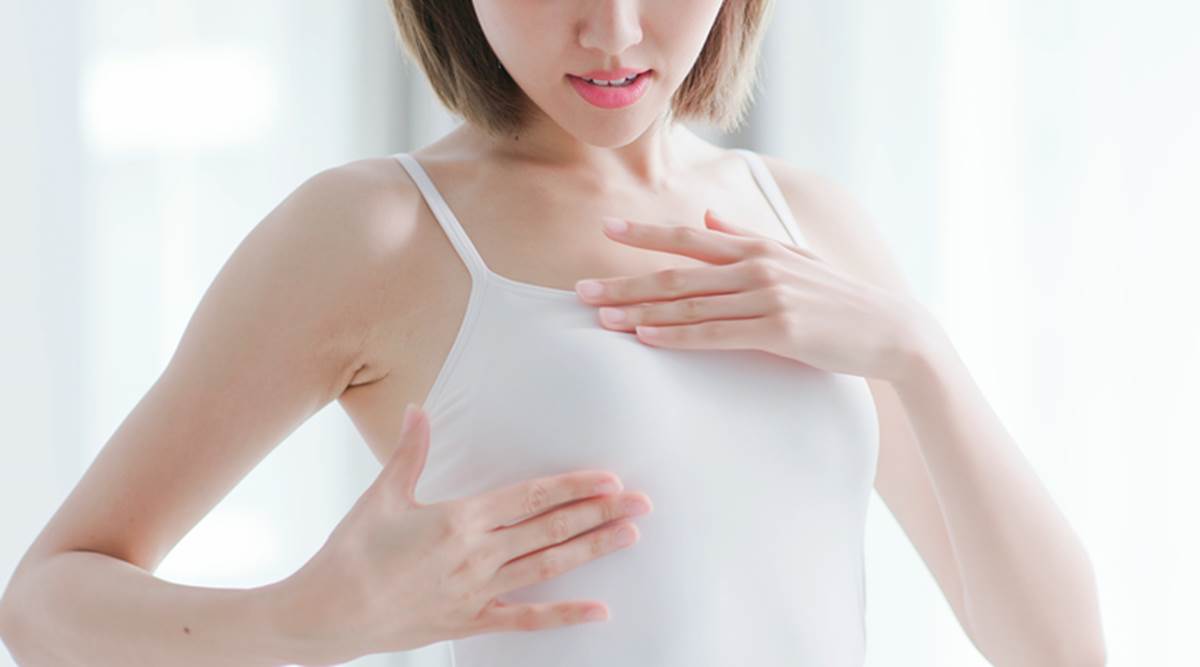Five to 10 per cent of breast cancer cases are known to be hereditary, says Dr Niti Raizada of Fortis Cancer Institute, Bangalore

Did you know that breast cancer is the second most-fatal health issue in India after cardiovascular diseases? With over 1.46 million cases worldwide, India, too, has witnessed a surge in breast cancer cases, affecting at least one in 22 women in the country. While women are predominantly affected by the disease, regular cases of male breast cancer have also been reported, shares Dr Niti Raizada, director, Medical Oncology and Hemato Oncology, Fortis Cancer Institute in Bangalore.
Dr Raizada says that at least “five to 10 per cent of breast cancer cases are known to be hereditary, caused by abnormal genes passed from parent to child. Individuals with hereditary breast cancer (HBOC) inherit the germline mutation in BRCA1 or BRCA2 gene or some form of rare genetic mutations like PALB2TP53, ATM, PTEN, CDH1, etc.” The risk of particular cancer, however, accumulates over a lifetime.
ALSO READ | Daily consumption of this food item may reduce risk of breast cancer, scientists say
BRCA1 and BRCA2 gene cancer risks
Dr Raizada breaks down how a larger number of inherited cases of breast cancer are associated with mutations in two genes: BRCA1 (Breast cancer gene one) and BRCA2 (Breast cancer gene two).
Both these cancer genes are known to repair cell damage and provide the boost to help in the growth of breast, ovarian, and other cells. “However, when these genes contain mutations that are passed through generations, the genes are unlikely to function normally increasing the risk of breast, ovarian, and other cancers. That said, women who are diagnosed with breast cancer and have either of BRCA mutations are likely to have a family history of breast cancer,” says Dr Raizada.
She explains that the chances of breast cancer whether ovarian cancer, pancreatic cancer or even prostate cancer in men, increases in case you have inherited a mutated copy of either gene from one of your parents. “If you have a BRCA1 or BRCA2 gene mutation, the chances of breast cancer increase is likely by age 80. Furthermore, the risk also depends on the number of family members who have had breast cancer,” the doctor says. Unfortunately, this very gene mutation also increases the chances of being diagnosed with breast cancer at a younger age.
ALSO READ | Telling Numbers: Recent incidence of breast and cervical cancer in India
But, it is equally important to understand that the majority of the women who are diagnosed with breast cancer do not hold a family history of the disease; it is the women who have close blood relatives with breast cancer that have a higher risk like. If a woman has a first-degree relative with breast cancer or someone who has a father or a brother with breast cancer, they are at a higher risk of developing breast cancer.
“In case you had cancer in one breast, the risk of you developing new cancer in the other breast or another part of the same breast is high,” adds the doctor.
ALSO READ | Ways to reduce the risk of breast cancer
Make sure you use these tips to self-examine your breasts. Check it out here.
For more lifestyle news, follow us: Twitter: lifestyle_ie | Facebook: IE Lifestyle | Instagram: ie_lifestyle
? The Indian Express is now on Telegram. Click here to join our channel (@indianexpress) and stay updated with the latest headlines
For all the latest Lifestyle News, download Indian Express App.
Source: Read Full Article